Wirecard: the frantic final months of a fraudulent operation
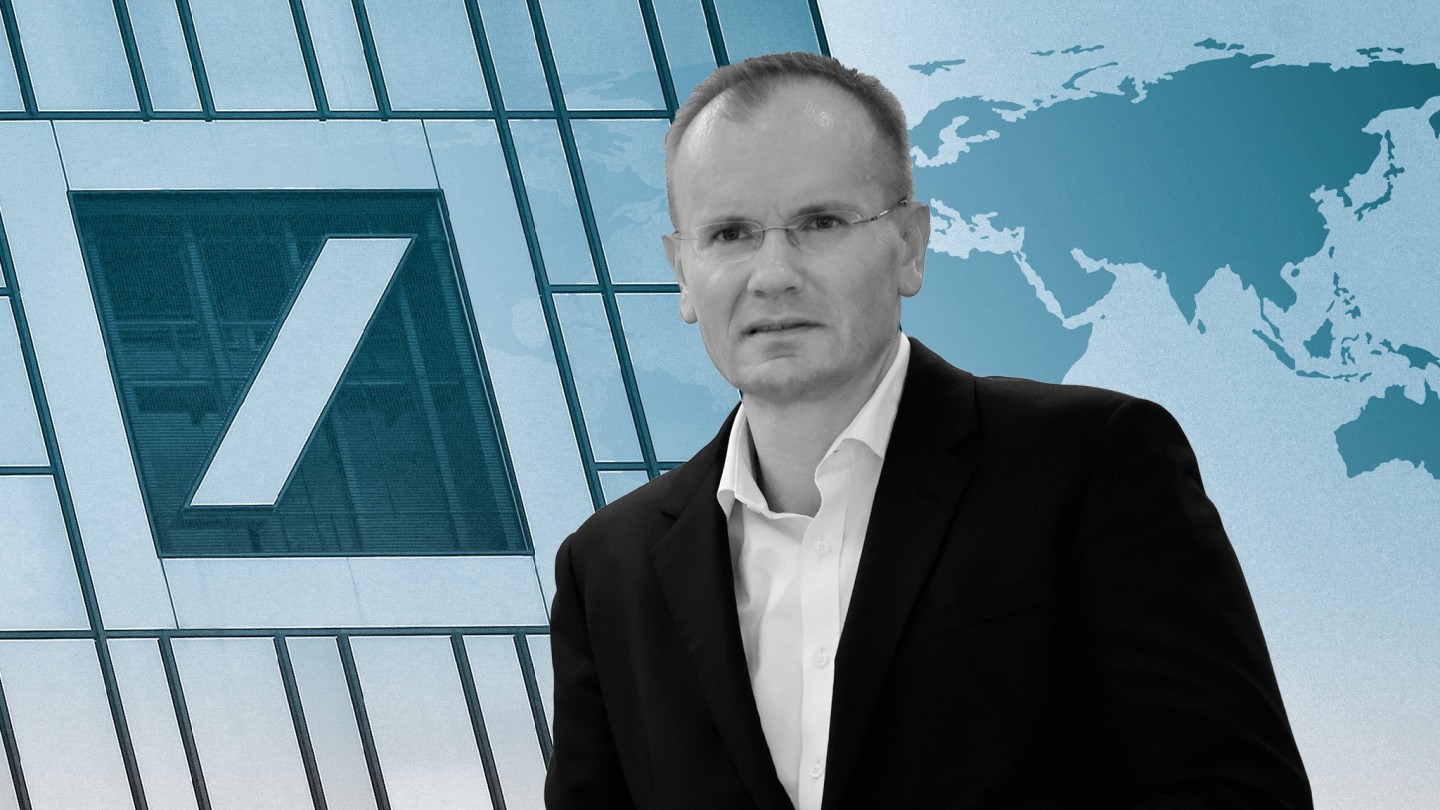
Roula Khalaf, Editor of the FT, selects her favourite stories in this weekly newsletter.
The codename was “Project Panther”. Markus Braun, the chief executive of German payments group Wirecard, had hired McKinsey & Co to help prepare his most audacious idea yet, a plan to take over Deutsche Bank.
In a 40-page presentation last November, the consultants insisted the new entity, to be dubbed “Wirebank”, would be “thinking and acting like a fintech, at the scale of a global bank”. By 2025, it could generate €6bn in additional profit, McKinsey claimed.
While Germany’s largest bank sat on €1.4tn in assets, it was worth a mere €14bn on the stock market, roughly the same as Wirecard. The McKinsey report promised that the combined stock market valuation would double to close to €50bn.
A deal to acquire Deutsche Bank would have been the crowning achievement for a company which within a few years had become one of the most valuable in the country, winning the label of “Germany’s PayPal”. An upstart financial technology company would be running Germany’s most illustrious bank.
A tie-up with Deutsche Bank had another potential attraction: a deal offered the prospect of a miraculous exit from the massive fraud Wirecard had been operating. Around €1.9bn in cash was missing from its accounts and large parts of its Asian operations were actually an elaborate sham. By blending Wirecard’s business into Deutsche’s vast balance sheet, it might be possible to somehow hide the missing cash and explain it away later in post-merger impairment charges.
There was one catch. To even start preparing such a deal in earnest, the company needed to get a clean bill of health from KPMG, which was conducting a special audit of Wirecard’s books.
The approval from KPMG never came.
Six months later the curtain fell on Wirecard. On June 25, the group collapsed into insolvency after it was exposed as one of Germany’s biggest postwar accounting frauds. Prosecutors in Munich suspect that €3.2bn in debt raised since 2015 has been “lost”. Around €1bn was handed out in unsecured loans to opaque business partners in Asia.
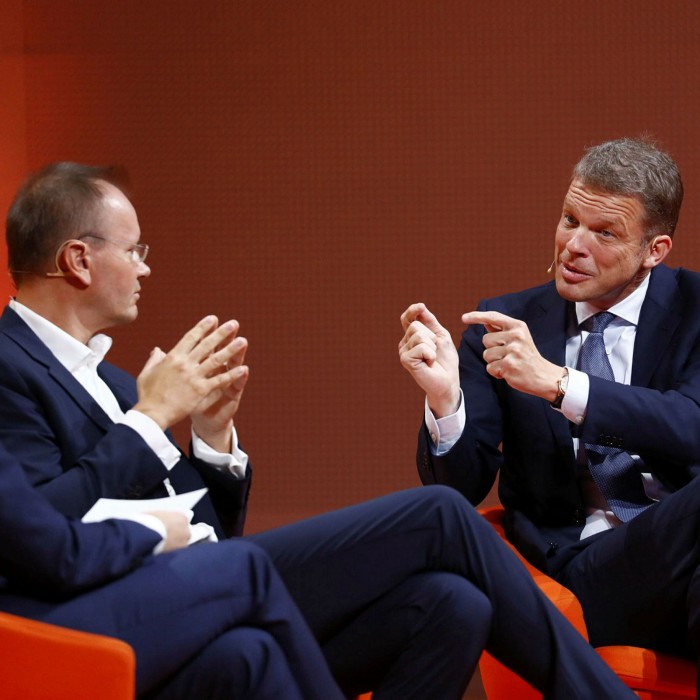
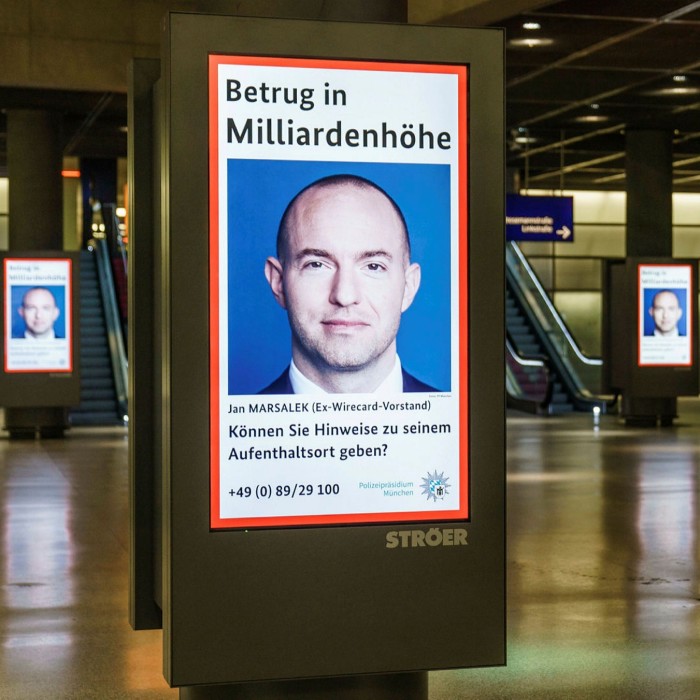
Mr Braun, who denies allegations of fraud and embezzlement, and three other former top managers are in custody. Jan Marsalek, Wirecard’s former second-in command, is on the run and the boss of a key Wirecard business partner in the Philippines has been registered dead.
The Financial Times talked to more than a dozen people involved and reviewed hundreds of pages of internal documents to reconstruct the final months before Wirecard’s collapse. They reveal a desperate effort stretching from Munich to Manila to cover up the fraud and to hoodwink the company’s auditors that continued right up to the very end.
“The brazenness of Marsalek (and others), who constantly lied straight through their teeth, is just mind blowing,” says one person who was working closely with them in a senior position at Wirecard’s Aschheim headquarters near Munich.
Audit arguments
The crisis in the company began with an FT story published on October 15 2019 — the latest in a string of investigations into the company’s accounts — that explained how Wirecard appeared to fraudulently inflate sales and profits. Wirecard shares plunged but a relaxed Mr Braun brushed away the accusations. Three days later the company announced a €200m share buyback.
Behind closed doors at Wirecard, however, a heated debate broke out. Thomas Eichelmann, Deutsche Börse’s former finance director who had joined the board in June 2019, pushed for an independent audit into the allegations, according to two people familiar with the discussions. The proposal was supported by SoftBank, which had invested €900m into Wirecard a few months earlier.
The company’s longstanding chairman Wulf Matthias was deeply sceptical. Just days before KPMG was hired, he told the FT that the allegations were “an annoyance” and argued a special audit was unnecessary as Wirecard’s accountant EY was “evaluating the matters sufficiently”.
Mr Braun, whose 7 per cent stake in Wirecard was worth more than €1bn at the time, also opposed the audit idea. But a joint effort by SoftBank and the supervisory board swayed him. “We told him that he needed the audit to protect himself and his money,” says a person who was involved in the discussions.
In November, 40 forensic accountants from KPMG started to dig through Wirecard’s books. They were promised access to any data they needed, and Wirecard had publicly committed to publish the result.
Within a few days, KPMG realised that Wirecard’s core payments processing operations in Europe were not making any money — a fact that Wirecard had never disclosed to investors. All of the profit was generated by the operations overseen by Mr Marsalek: Wirecard’s Asia business, where the processing of transactions was outsourced to third-party business partners.
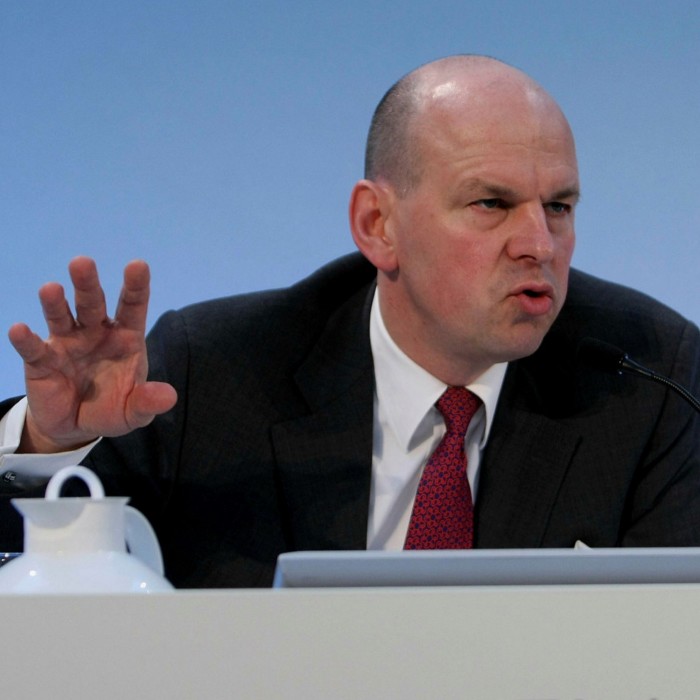
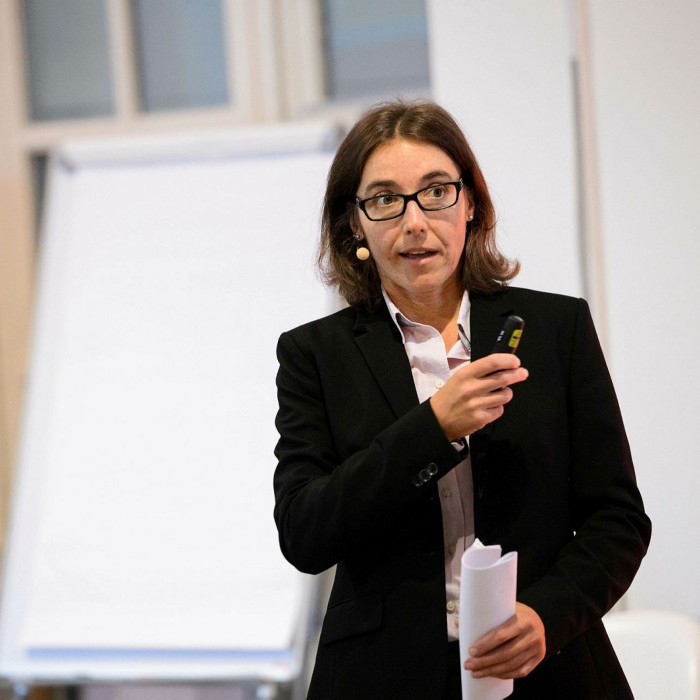
By January, Wirecard had a new chairman, with Mr Eichelmann succeeding the 75-year-old Mr Matthias, who had been in charge of the board for more than a decade.
Mr Eichelmann was scathing about Wirecard’s haphazard internal structures. “Even if I were running a chippy I would do it differently,” he told a confidant.
However, the new chairman did not believe that Wirecard was involved in fraud, in part because of the group’s strong cash generation. According to a person familiar with his views, he was convinced that it was “extremely hard if not impossible to fake cash flows”.
Fantasy accounts
With the KPMG investigation in full flow, the Wirecard executives allegedly behind the fraud saw Project Panther and a deal with Deutsche, which was first reported by Bloomberg, as one possible way to fend off discovery, says an adviser to the payments group who was involved in the discussions. But they also worked on a separate plan: a vast cover-up operation in Asia.
They had to fix the weakest link — and quickly. For years, Wirecard had told EY that large sums of company cash were deposited in escrow accounts held by a trustee at Singapore’s second-largest bank, OCBC.
The accounts, it turns out, were fantasy. Yet EY, for years, had been content with balance confirmations issued in the name of the trustee, a company named Citadelle whose director R Shanmugaratnam was charged this month over falsification of accounts in Singapore.
Sven-Olaf Leitz and Alexander Geschonneck, the two veteran KPMG partners running the special audit, told Mr Braun and other senior Wirecard executives that the documents on the escrow accounts were not good enough. They insisted on seeing original documents, ideally directly obtained from OCBC.
It took almost two months before Mr Marsalek presented an apparent solution. Wirecard’s second-in-command informed the auditors that the company had moved the bank accounts to a new trustee based in the Philippines. Citadelle, said Mr Marsalek, had abruptly terminated the business relationship in late 2019 and was not responding to inquiries from Wirecard any more.

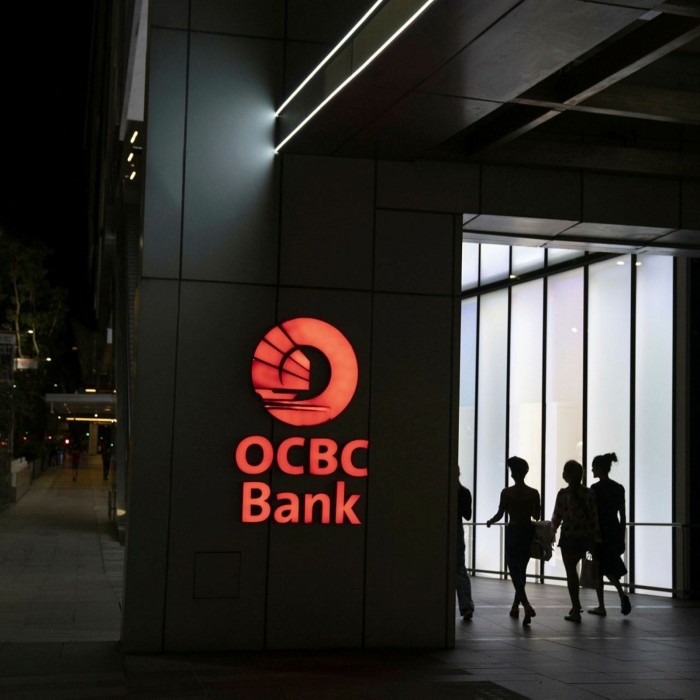
According to Mr Marsalek, Manila-based lawyer Mark Tolentino had stepped in as a replacement for Citadelle. Wirecard had subsequently transferred €1.9bn in cash in early December from OCBC to escrow accounts in Mr Tolentino’s name at two banks in the Philippines, BDO and BPI.
KPMG asked again for the paperwork — and made a surprising discovery. By February — two months after the money was supposedly paid into Mr Tolentino’s accounts — Wirecard still did not have a contractual relationship with the new trustee, nor had it conducted background checks on him. Wirecard’s chief financial officer, Alexander von Knoop, only learned about the transaction in late January.
Yet by mid-February, Wirecard’s outlook seemed to be improving. It had won the support of two of Germany’s biggest asset managers, DWS and Union Investment, and its share price was back to the level it was at before the FT report in October.
The preliminary full-year results, published on February 14, vindicated the optimists. Once again, Wirecard smashed analyst expectations and Mr Braun gave bullish guidance. When coronavirus escalated a few weeks later, Wirecard was one of the few companies globally claiming that its full-year performance would be unaffected.
Manila meetings
Some senior executives had started to feel uneasy. “I really hope Jan [Marsalek] will be delivering,” Susanne Steidl, the chief product officer overseeing Wirecard’s business outside Asia, told a confidant, adding that the operations she was responsible for were doing poorly.
Yet Mr Marsalek was otherwise tied up. He had to somehow convince KPMG and EY — the latter was auditing the 2019 results — that Wirecard’s business in Asia was genuine.
Mr Marsalek arranged a series of meetings in Manila on March 4 and 5, introducing senior KPMG and EY staff to the new trustee Mr Tolentino, according to documents seen by the FT. He also accompanied KPMG and EY to branches of BDO and BPI where employees handed over account statements. Mr Tolentino, who is named in several audit documents by KPMG and EY, denies any wrongdoing and says he has been framed. “I am not the trustee of Wirecard,” he told the FT. “I never signed any document with Wirecard. They committed identity theft.”
A day later, Mr Marsalek and the KPMG staff met Christopher Bauer, the boss of a key Manila-based business partner for Wirecard, who was reported dead a few months later. Mr Bauer ran PayEasy, which processed “high-risk transactions” for Wirecard — mostly payments for pornography, gambling and gaming. On paper, PayEasy in 2018 was generating more than a fifth of Wirecard’s operating profit.
KPMG was still unconvinced. For months, requests for meetings with key staff of other Wirecard partners in Dubai and Singapore had been stonewalled. Granular transaction data from the outsourcing partners was not available, and bank documents from the Philippines did not show that the cash was held on behalf of Wirecard. In early March, KPMG told Wirecard it was close to pulling the plug on the special audit, according to an email seen by the FT, as it had run into an insurmountable “obstacle to the investigation”. Desperate to avoid such a catastrophic outcome, the supervisory board extended KPMG’s mandate.
An hour before midnight on March 12 — with panic over coronavirus overwhelming the markets — a delay of the KPMG report until April 22 was publicly disclosed.

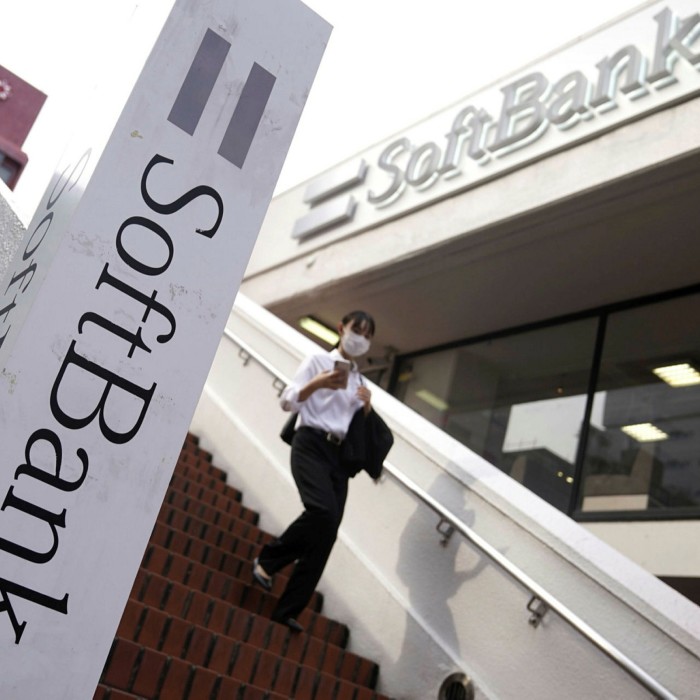
The first draft of the KPMG report was hand-delivered by courier to the members of the supervisory board on the evening of April 19, in individually watermarked paper copies. It was a relentless document, spelling out in detail management’s strategy of delay and obstruction as well as the many inconsistencies and open questions over the existence of Wirecard’s Asia business.
KPMG’s Mr Leitz and Mr Geschonneck detailed shortcomings in Wirecard’s internal controls and compliance functions and outlined severe doubts about the company’s accounting practices. “The first draft was even more devastating than the version that was eventually published,” says one person familiar with the various versions of the draft.
Wirecard’s supervisory board briefly discussed if Mr Braun, Mr Marsalek and Mr von Knoop should be sacked, but only Anastassia Lauterbach, head of the risk and compliance committee, supported that idea, according to two people familiar with the internal discussions. Eventually, the board asked the auditors for another extension. The second delay was disclosed to the public late on the evening of April 22, the day when the report was supposed to be published. “No evidence was found for the publicly raised allegations of balance sheet manipulation,” Wirecard said.
That was a brazen distortion of the talks with KPMG. Some members of the supervisory board were shocked — one even considered resigning with immediate effect.
While KPMG was working frantically on the final version of its report, EY stepped up its scrutiny of Wirecard’s Philippine bank accounts. Unable to travel due to the pandemic, it held a video conference with the two banks in the Philippines on April 24.
The auditors asked the bank employees to hold their IDs to the camera. While the call was ongoing, EY tried to verify the identities, but could not find any of the people on social media. Some senior EY employees now suspect that actors might have been posing as bank employees during the video call, possibly in a mock-up bank branch.
The final version of the KPMG report was delivered to Wirecard on April 27. The most explosive details were concealed in a confidential appendix that had three times as many pages as the published report. But even the summary of the key results, which was earmarked for publication, was devastating enough. It clearly described that KPMG neither verified the existence of the outsourced business nor the cash in the escrow accounts, and it described the dogged obstruction by Wirecard and its business partners.
Wirecard’s unravelling
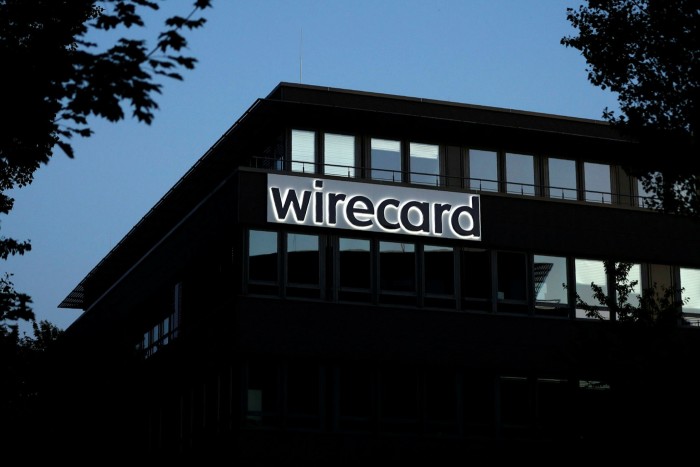
Oct 15 2019
FT publishes evidence that Wirecard fraudulently inflates sales and profits
oct 21
Wirecard mandates KPMG to carry out a special audit into allegations reported by the FT
jan 10 2020
Wulf Matthias resigns as Wirecard chairman. Thomas Eichelmann appointed
mar 12
KPMG report delayed until April 22, publication of Wirecard’s 2019 full-year results moved to April 30
apr 28
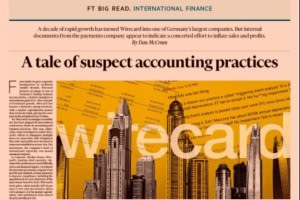
KPMG report published after another delay, publication of full-year results moved to June 4, then postponed again to June 18
jun 18
Publication of full-year results cancelled after EY informs Wirecard that documents confirming €1.9bn in cash are “spurious”, based on an email from BPI
JUN 19
Chief executive Markus Braun resigns, chief compliance officer James Freis — who began his job earlier than planned on Jun 18 — appointed new CEO
jun 22
Braun is arrested and released on €5m bail one day later
jun 25
Wirecard AG files for insolvency
Wirecard’s executives and board debated the whole night about how to proceed. Mr Marsalek argued that the company should just refrain from publishing the report, says someone present at the meetings. But this idea was rejected even by Mr Braun. Wirecard decided to focus on the seemingly positive news — that KPMG had found no evidence of open fraud, and was not calling for a restatement of accounts.
On a call with journalists on April 28, Mr Braun called the KPMG report a “big step forward”. Later that day, he told analysts that “EY informed us this morning that they have no problem at all to sign off the audit 2019.”
In fact, EY was also increasingly sceptical. It now demanded that Wirecard transfer €440m in four batches from the Philippine bank accounts to Germany as evidence the company was really able to access the money.
Wirecard’s management said this would not be a problem. Mr Braun and Mr Marsalek assured on several occasions that the €440m from the Philippines was just about to arrive. Based on the assumption that this was true, EY continued to prepare to give Wirecard’s 2019 accounts a clean bill of health. On June 2, it shared an “all clear” draft audit opinion with Wirecard.
Eventually, however, EY decided to go straight to the Philippine banks to certify the authenticity of the documents confirming the €1.9bn. The banks did not respond immediately and only engaged after a senior EY employee spoke privately to their chief executives.
On June 16, EY Germany received an email straight from BPI that turned out to be the decisive moment. “Please be informed that the attached documents are spurious,” BPI’s legal division wrote. “Therefore the bank cannot provide any information relative thereto.”
EY informed Germany’s financial watchdog BaFin of BPI’s letter at 5.28pm on June 16, according to a document seen by the FT. A similar letter from BDO followed one day later.
At Wirecard’s headquarters, most people were shocked. “When the first letter [from the Philippine banks] arrived, everyone started to google the word ‘spurious’, and then was in utter disbelief,” remembers one person with first-hand knowledge. Two people, however, were perfectly calm and relaxed: Mr Braun and Mr Marsalek.
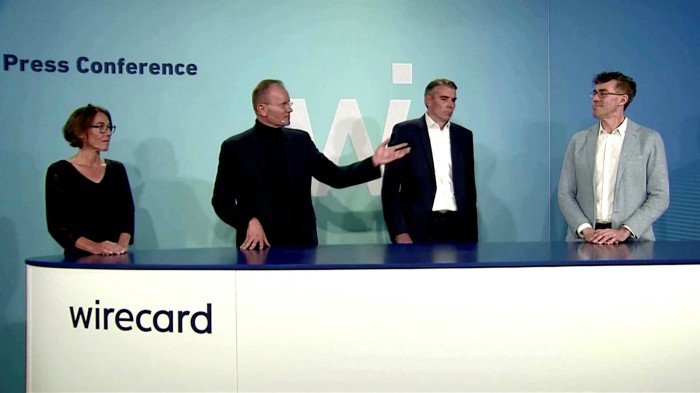
“It’s all a big misunderstanding which will be resolved soon,” the chief executive repeatedly said.
On the morning of June 18, the €440m from the Philippines had still not arrived. “Everything is possible. We’re swaying between catastrophe and all fine,” Mr Marsalek texted to a confidant at 9.03am, according to an exchange seen by the FT. He added: “We’re waiting for input from a bank. If we receive that, everything will be fine. If not, EY will go totally crazy.”
James Freis, who was supposed to join Wirecard on July 1 as its new chief compliance officer, was flat hunting in downtown Munich on the morning of June 18, when he received a phone call from Mr Eichelmann, who implored him to immediately join an emergency board meeting. “We’re in crisis mode,” Mr Freis was told by the chairman.
While the two women on the supervisory board called for the immediate dismissal of Mr Braun, their three male colleagues thought otherwise, say two people familiar with the discussions. The board could not even find a majority to sack Mr Marsalek — as a consequence, he was temporarily suspended for the next 12 days.
Mr Marsalek retreated to Mr Braun’s office, where both had a long discussion behind closed doors. “It looked like a very intense conversation,” remembers one insider who entered Mr Braun’s office, only to instantly retreat when he saw what was going on. Outwardly, Mr Marsalek was unfazed — employees saw him strolling around Wirecard’s executive floor, whistling.
Mr Braun and the rest of the board then recorded a video message. The chief executive briefly introduced Mr Freis, who had to borrow a jacket for the appearance. Mr Braun can be seen standing behind a desk, reading a short message to investors, in which he tried to portray Wirecard — and himself — as victims. “At present it cannot be ruled out that Wirecard AG has become the aggrieved party in a case of fraud of considerable proportions,” he said. No reference was made to the missing €1.9bn.
When the video was released on Wirecard’s website past midnight, Mr Freis was already poring over internal documents. During the night, he concluded there had been a fraud. On Friday morning, he requested a meeting to brief Mr Eichelmann.
The supervisory board met again and concluded that the chief executive had to go. Mr Braun pre-empted his sacking by announcing his resignation — his dream of acquiring Deutsche Bank had turned into a nightmare. Two Wirecard employees escorted him out of the building. Less than a week later, the company filed for insolvency.
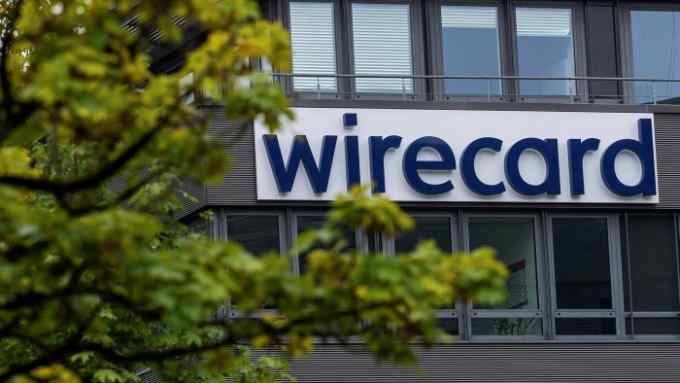
Comments